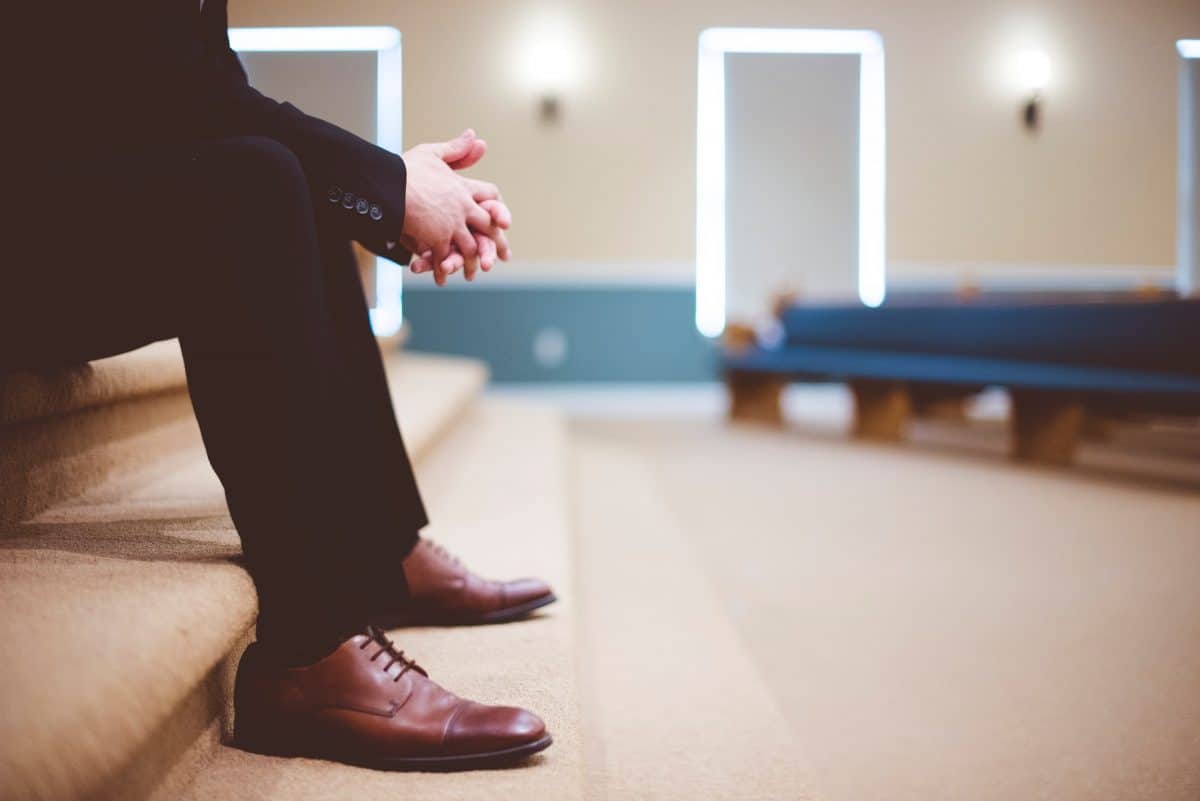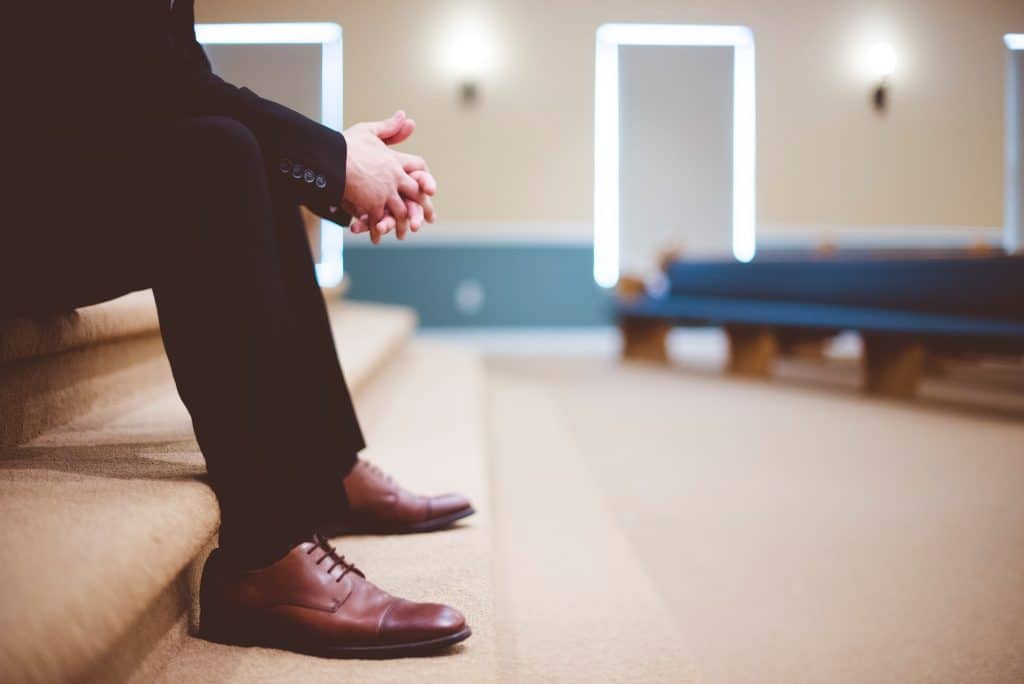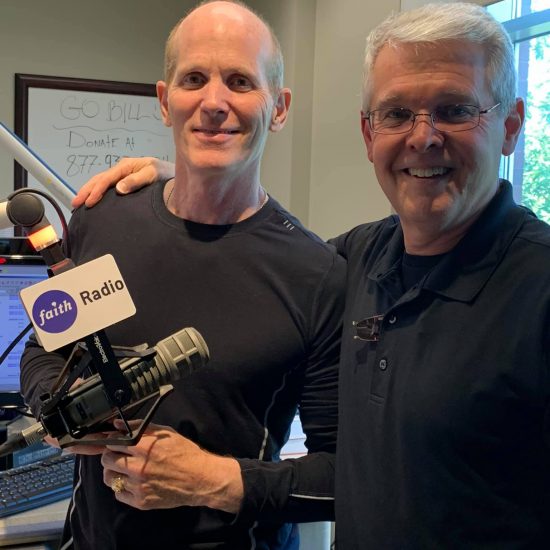

Photo by Ben White on Unsplash
(RNS) — We’ve become used to scenes of people applauding the workers who are on the front lines of the coronavirus crisis. Doctors and nurses leaving their shifts are often greeted by small crowds thanking them for their dedication. We know the toll this disease is taking on them—physically, emotionally and mentally — and we want them to know we have their backs.
There’s another group that needs our attention too — and that’s our faith leaders. They continue to play a critical role in communities across the country — providing connectedness, fostering resiliency, and offering hope to those whose lives have been disrupted during this time. And, like other front line workers, they are doing this all while struggling with their own stresses and uncertainties as a result of the pandemic.
Priests and ministers, rabbis and imams are all experiencing the same financial strain, job loss and social isolation as the rest of us. And while we know these are all risk factors for suicide, there is no available research to indicate that this pandemic will lead to an increase in suicide rates in this country. However, faith leaders, like millions of other Americans, are already reporting the negative impact this pandemic is having on their mental health.
Our faith leaders pour their hearts and souls into their congregations and, in so doing, often find themselves physically and emotionally exhausted and feeling like they aren’t doing enough. Like other caregivers, they shoulder the burden and pain of their congregants and frequently ignore their own needs as a result.
As Martin Frazer, retired senior minister of Madison Hills Christian Church in Richmond, Kentucky, recently shared, “Honestly, in over 36 years of ministry, I can only count a handful of times when someone came up to me and said, ‘How are you doing? Are you okay?’ That is as much our fault because we are constantly projecting confidence and strength.”
It’s critical that all faith leaders know that they are not alone and that their own well-being is just as important as that of others. As faith communities, we must do better at proactively reaching out to our faith leaders and checking in on their mood and stress level. Having open and honest conversations about mental health and suicide prevention needs to be the norm among our faith leaders, not the exception.

Left, Glen Bloomstrom, courtesy of www.livingworks.net; right, Melinda Moore, courtesy of the EKU department of psychology website
That’s why this coming weekend faith communities from across the country have pledged to take part in the National Action Alliance for Suicide Prevention’s National Weekend of Prayer for Faith, Hope, & Life. This annual event provides an opportunity for faith communities, regardless of creed, to join together in prayer for those who have been touched by suicide, those who are dealing with mental health concerns or feelings of hopelessness, and those who love and care for them.
Research shows that people who are struggling or in crisis are increasingly turning to their faith leader for help and support, even before they seek care from mental health professionals. Given the current pandemic, our faith leaders are being called upon now more than ever before to serve in this caretaking role—particularly those whose congregants have been hit hardest by job loss and financial instability due to the pandemic.
Faith leaders wield enormous power in the lives of others, modeling appropriate behaviors and attitudes toward critical public health issues, like suicide. But at the end of the day, they are just human beings. And while they offer support and care to those who may be struggling, they must know they too can reach out for support and help when needed.
If you’re thinking about suicide, are worried about a person who might be contemplating suicide, or would like emotional support, please call the National Suicide Prevention Lifeline at 800-273-TALK (8255) or contact the Crisis Text Line by texting “HOME” to 741741.





